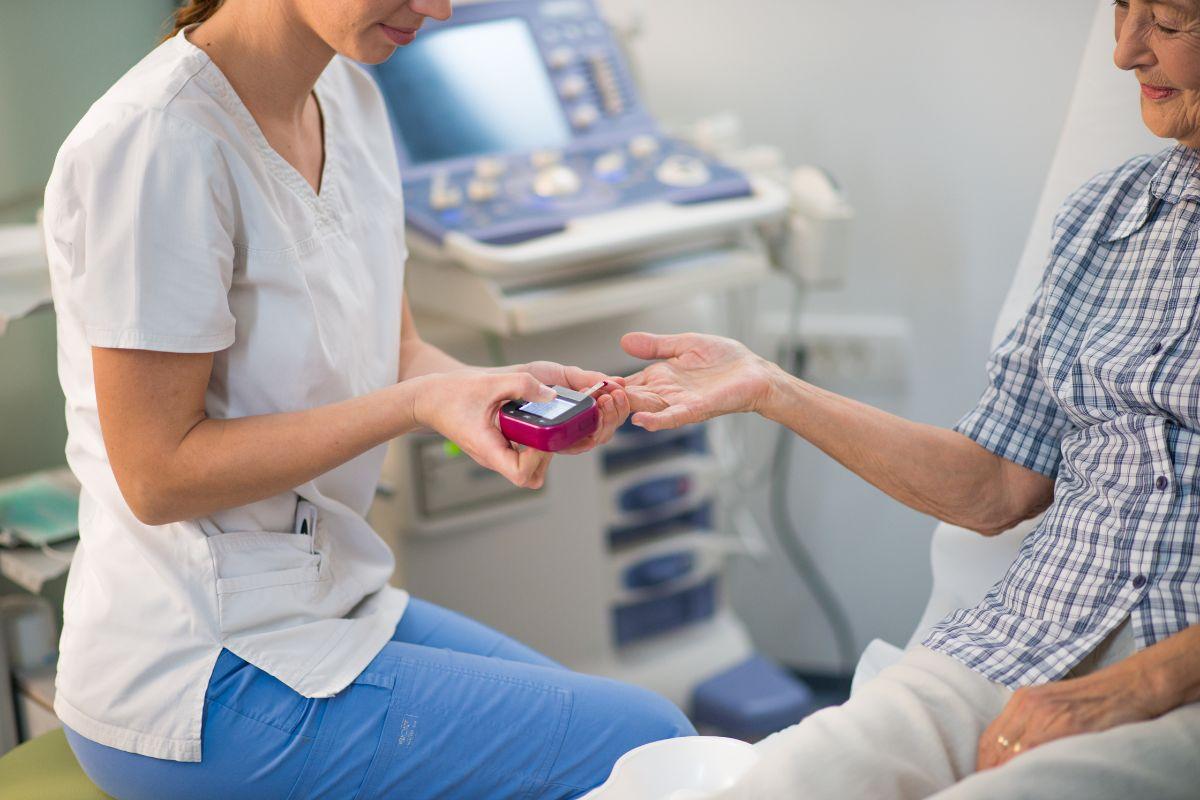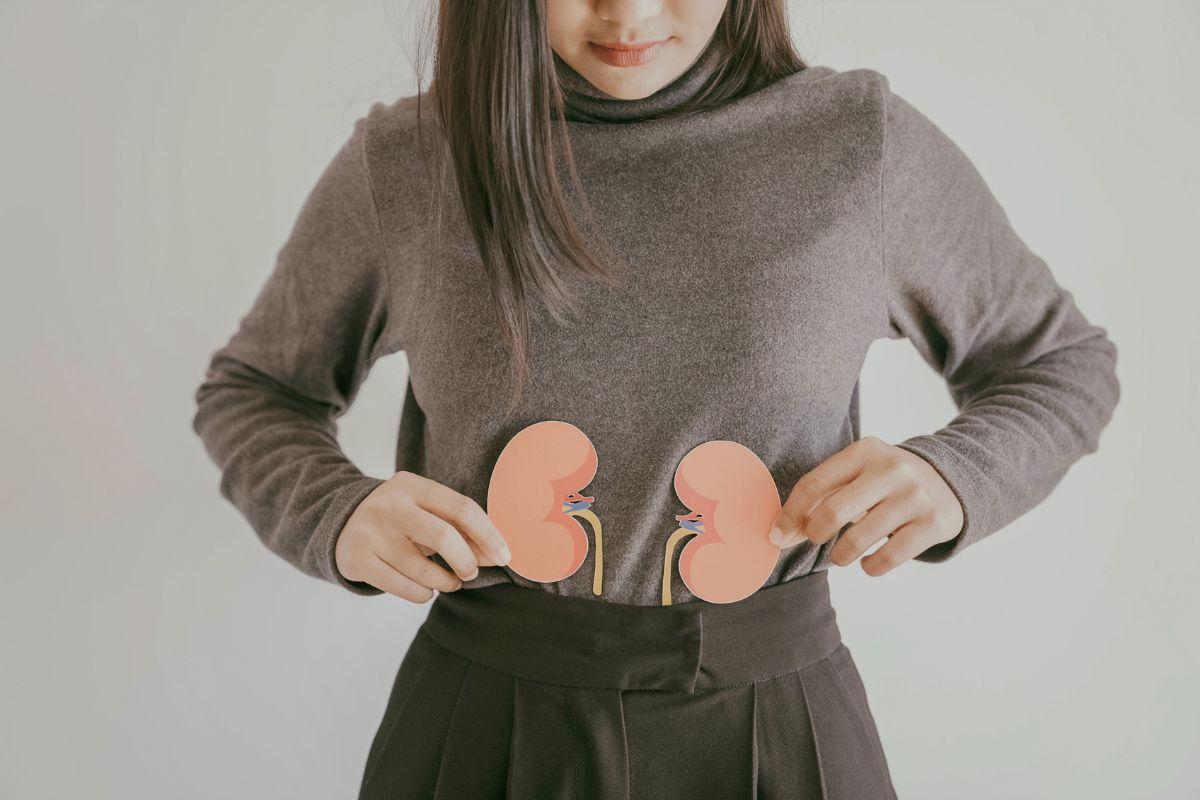Type 2 diabetes is a chronic condition in which the patient runs with persistently high blood sugar levels. The symptoms go from excessive thirstiness, till unexplained weight loss. Being diagnosed with type 2 diabetes can feel overwhelming for many. GPs are experienced professionals that are trained to help manage this often condition. Your GP is your first point of contact for ongoing support, treatment, and monitoring. With the right partnership, most people manage their condition well and live full, healthy lives. At Doctify we help patients connect with trusted professionals.
Understanding Type 2 Diabetes
Type 2 Diabetes is a chronic condition where the body can’t use insulin properly, leading to high blood sugar levels. Frequently, the main cause is insulin resistance. The symptoms can vary, but among the most common are: tiredness, thirst, frequent urination, blurred vision, increased appetite, and weight loss. Though many cases of type 2 diabetes are asymptomatic and are found during routine checks, that is why it’s fundamental for everyone to have annual routine checks. If type 2 diabetes is untreated or the patient isn’t taking the medication sent by the GP, long-term risks may appear, such as: heart disease, kidney disease, nerve damage, and eye problems.
The role of your GP in diabetes care
During the diabetes care, your GP will be in charge of:
- Regular blood tests and HbA1c, to monitor average blood sugar over time.
- Checking blood pressure, cholesterol, and weight to reduce cardiovascular risk.
- Coordinating referrals to dietitians, eye specialists, or diabetesnurses when needed.
Lifestyle support from your GP
In some cases where blood sugar levels are not too high, before incorporating a medication, the initial treatment are healthy lifestyle changes. While, in other cases where blood sugar levels are extremely high, it is imperative to start medication alongside healthy lifestyle change. Each patient will have individualised advice with their GP tailored to their age, health, and lifestyle.
The healthy lifestyle support includes:
- Guidance on a balanced diet: portion control, choosing whole grains, lean proteins, fruits, and vegetables. Decreasing the amount of carbohydrates and sugars.
- Advice on physical activity: aiming for 30 minutes of moderate exercise 5 days per week or 50 minutes of moderate exercise 3 days per week; minimum 150 minutes of exercise per week.
- Support on quitting smoking and limiting alcohol: both, smoking and alcohol consumption, increase complication risks.
Medications and Monitoring
The first-line treatment is metformin, often prescribed alongside lifestyle changes. Other medications or insulin may be added if blood sugar remains high. It is very important to follow the treatment plan and attend to regular reviews with your GP, in order to improve the symptoms and decrease the complication risks. GPs will be in charge of monitoring the side effects and adjusting prescriptions as needed.
Preventing Complications
In order to prevent complications, the GP will make annual foot checks to prevent ulcers and nerve damage, eye screening to detect early retinopathy, kidney function monitoring with urine and blood tests, and vaccinations (e.g., flu jab, pneumonia vaccine) to protect against infections. All these are made for helping reduce the risk of complications of type 2 diabetes and take prompt action if needed.
Emotional and Practical Support
We know that being diagnosed with diabetes is frightening and that living with diabetes can feel stressful. But don’t worry, GPs are trained for providing reassurance, answering questions, and offering mental health support if needed. As well, GPs can help sign in to local diabetes education programmes and support groups.
When to Contact Your GP Urgently
Contact your GP as soon as possible if you experience any of the following:
- Symptoms of very high or very low blood sugar, such as dizziness, weakness, fainting, headaches, fatigue, among others.
- Feeling unwell despite lifestyle changes or medication.
- Noticing foot wounds, sudden vision changes, or unexplained weight loss.
Conclusion
Living with type 2 diabetes can be scary and managing this condition is a lifelong journey, but you don’t have to do it alone. GPs are experienced professionals that can be your guide through this journey. GPs can help with recommendations on a balanced diet, advice on physical activity, counsel on quitting smoking and limiting alcohol, and invite to local diabetes education programmes and support groups. As well, your GP will provide regular monitoring, blood sugar management, and control of complications. We invite you to book an appointment through Doctify with a trusted GP for ongoing support and peace of mind.
Find the right specialist for you. Doctify uses verified reviews so you can make the best decision for your healthcare.

Feel free to consult a GP through Doctify for personalised advice whenever you want, we will be happy to help you! Find the best GPs in the United Kingdom or search for the best specialists globally:
Medically Reviewed
Last reviewed on 06/10/2025




